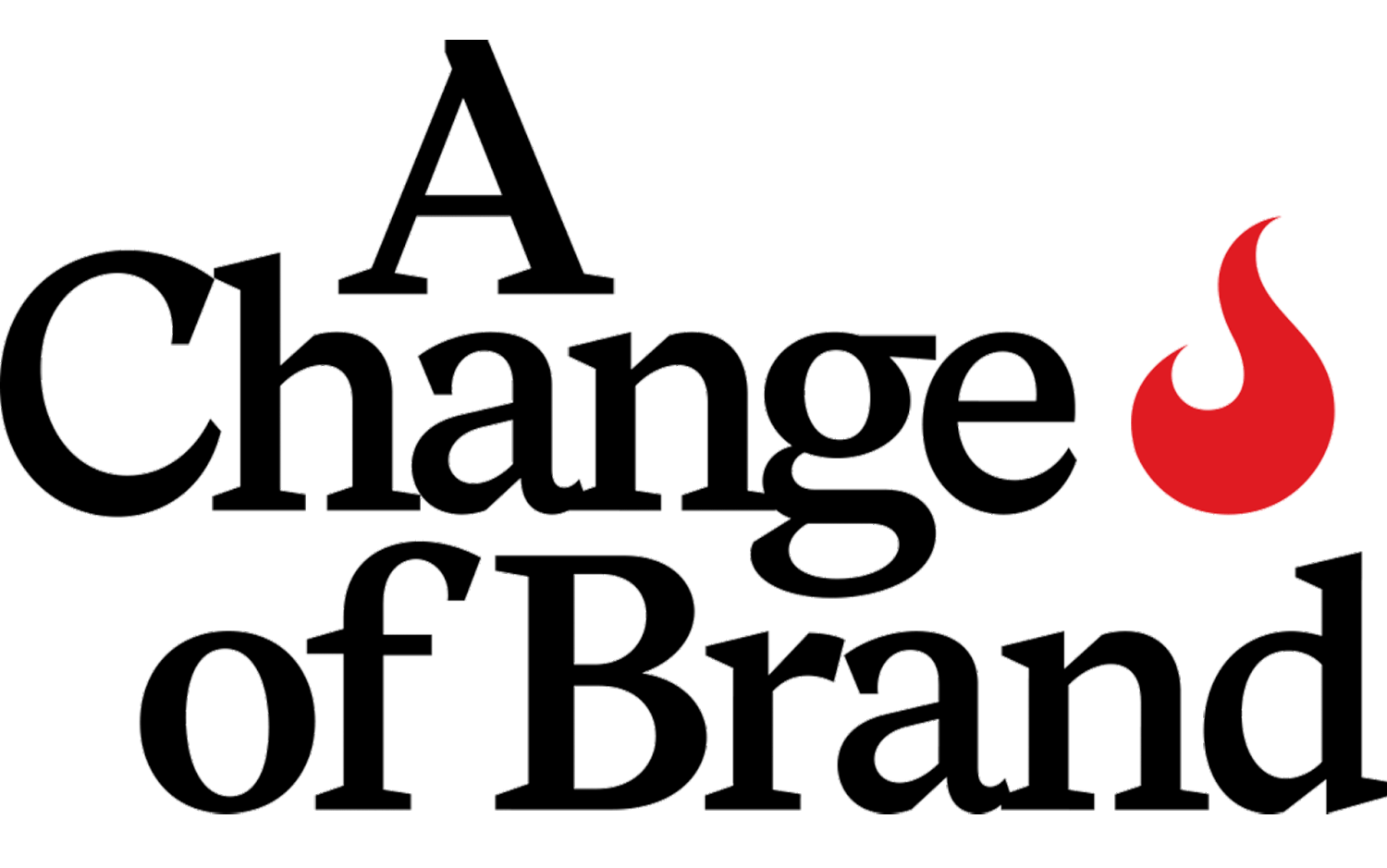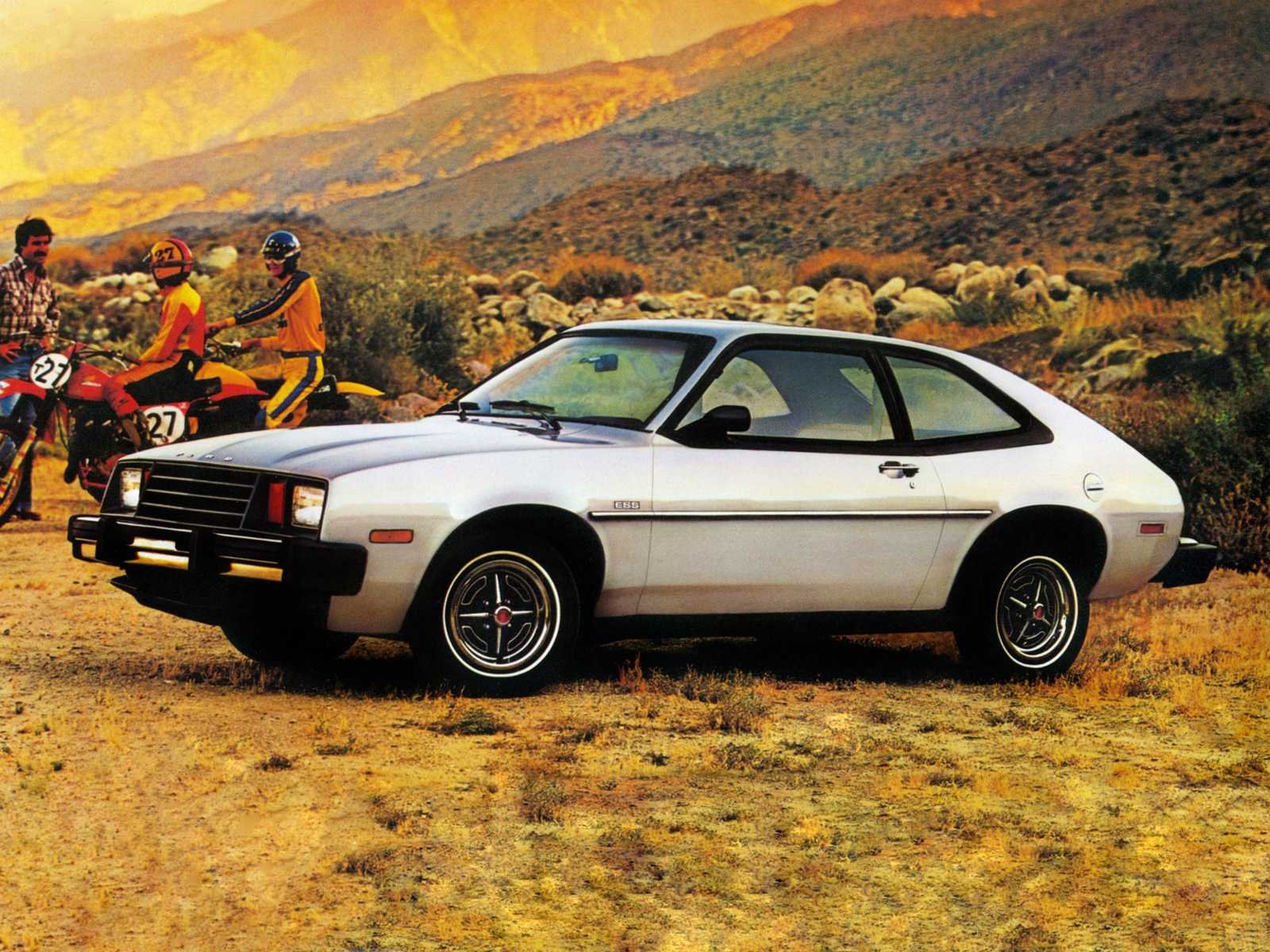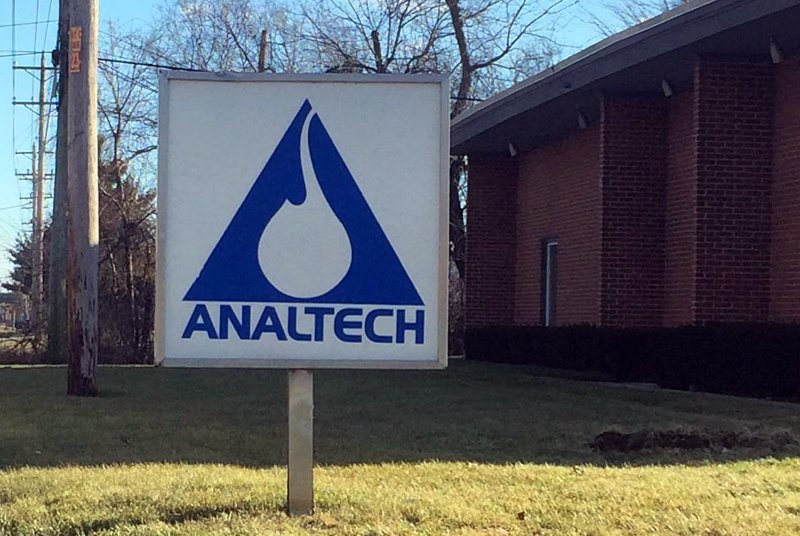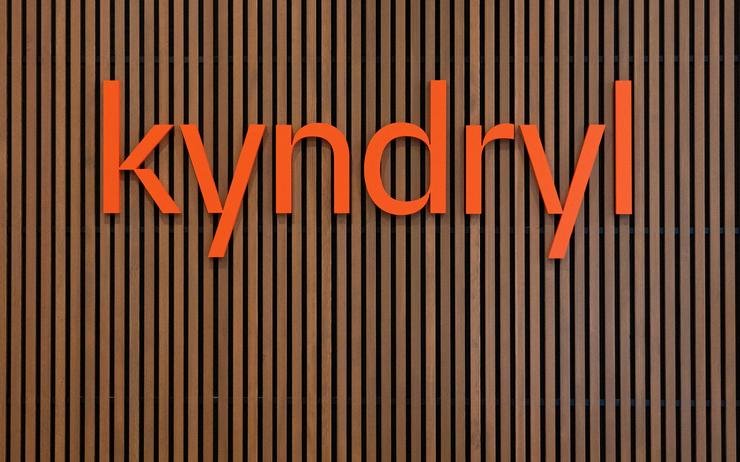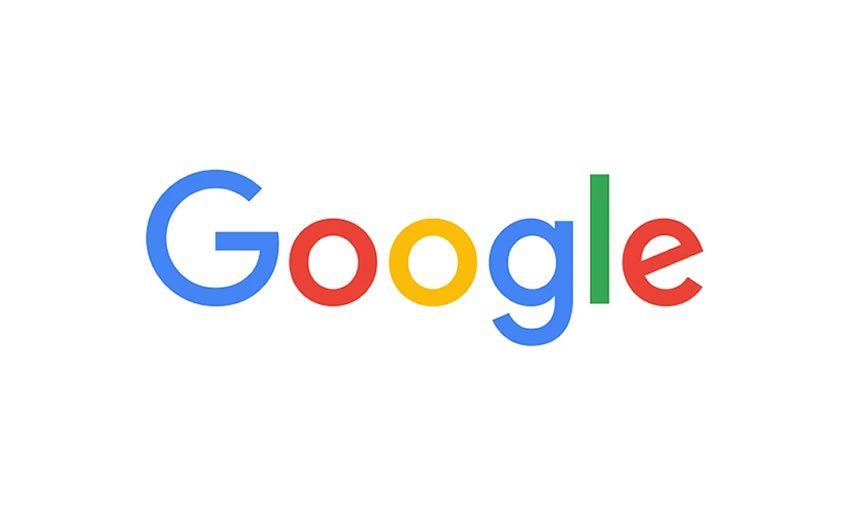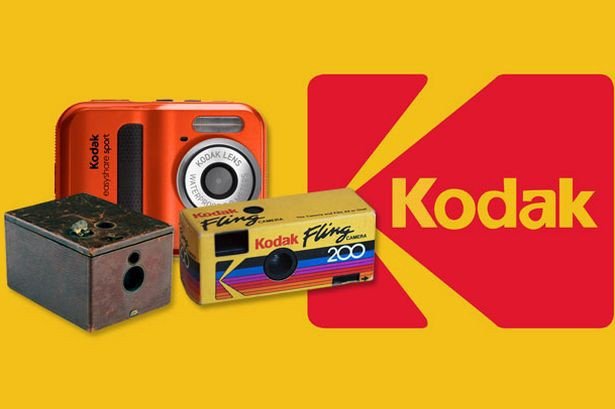Naming Wins and Fails with Rob Meyerson
Naming Wins and Fails
Name changes are possibly one of the hardest things a brand can endure. With over a million trademarks filed annually with the United States Patent and Trademark office, but only 170,000 English words in common use today, names are only going to get more creative - for better or worse. In this bonus episode, host Blake Howard and naming guru Rob Meyerson discuss some of the biggest brand naming wins and fails, as well as provide insight into the nebulous process of naming a brand.
Naming Fails
Weight Watchers
It seems that Weight Watchers didn’t carry as much brand equity as it thought it did. Stripping down to two letters is tough enough when it comes to brand recognition, but now WW has competition with WWE and WWF.
2. Ford Pinto
When coming up with a name, it’s important to test in languages beyond English. For example, Ford did not account for the fact that in Portuguese, the word “pinto” is slang for tiny male genitals. Unsuprsingly, the Ford “Little Penis” did not do well in the Brazilian market.
3. Analtech
Enough said.
4. Kyndryl
According to Rob, Kyndryl’s original sin is that it just sounds gross. It’s hard to not think of “tendril,” and the letter y is not doing the name any favors visually.
5. Tronc
Tronc is another name that has an unappealing sound. Not only does it have unpleasant associations to trunk, or even honky tonk, the name Tronc is actually an abbreviation for Tribune Online Content. Obviously it was a tough connection to make, and the company eventually went back to its old name: Tribune Publishing Company.
6. Pearl Milling Company
While Aunt Jemima was long overdue for a change, and arguably should have never existed in the first place, the replacement is both super long and super boring. For having decades to contemplate a new name, Pearl Milling Company falls flat despite its historical significance.
Naming Wins
1. Häagen-Dazs
The sound of Häagen Dazs makes you feel like it’s a remarkable creamery in Europe, but in actuality it’s a completely fabricated word.
2. Block
The parent company for Square rebranded to Block, which feels like a smart evolution as a block is comprised of several square that help it take shape - much like the relationship between a parent company and its subsidiaries.
3. Google
Did you know Google was originally named BackRub? While it seems like anything could be better than BackRub, the founders took an already fun word “googol” (a real number that accounts for the number 1 with 100 zeroes behind it) and made it easier to read.
4. Virgin
Virgin is a real English word, it’s easy to pronounce and very familiar - but it’s provocative. Starting as a mail order record store, the company story is that it was all new to them, so in that sense they were virgins.
5. Kodak
Kodak is a textbook example of a name that doesn’t have a real meaning on its own, but it evokes a powerful feeling. The founder originally liked it for the power and heft of the k sound, but the name Kodak has since stood the test of time, even now evoking feelings of nostalgia.
6. Recess
In a crowded sparkling water market, Recess is a real English word that’s nostalgic and harkens back to simpler days on the playground having fun in the sun. The feeling Recess evokes also hints at the fact that many of its beverages are infused with CBD for relaxation.
